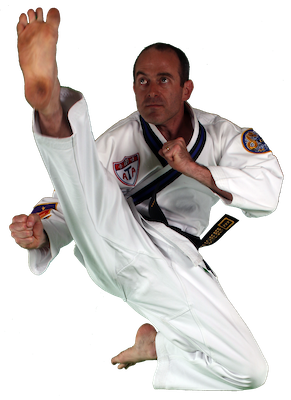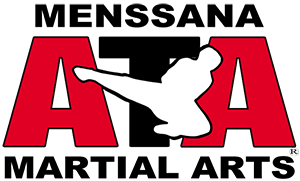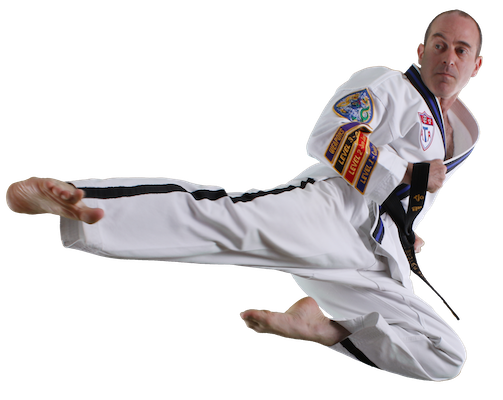
Knowledge
In Songahm Taekwondo, the evergreen pine tree represents continuous growth. We start as white belts, but our learning process has no end point. This philosophy is reflected in the adage of Grand Master Emeritus Soon Ho Lee: "There is always more to learn."
Master instructors possess a vast amount of curriculum knowledge. We know numerous stances, kicks, blocks, strikes, training drills, fitness activities, forms, weapon forms, sparring strategies, and more. But this knowledge is only the first step.
We also know how to pass this knowledge on to our juniors. We must understand the curriculum so deeply that we can easily translate it into easily digestible instruction. But even that is not enough.
Beyond the physical curriculum, we must develop our knowledge of the life skills and values that are central to martial arts practice—and, as with the physical curriculum, we must be able to instruct and inspire others so that they internalize these life skills and values. We need to understand not only what words like respect, integrity and perseverance mean but also how they manifest themselves in our martial arts training and in the personal and professional lives of our students.
And because we teach most effectively through the lesson of our own example, we must possess self-knowledge. We should be cognizant of the ways in which our daily lives reflect (or contradict) the life skills and values we profess. And we must learn to recognize our own deficiencies so that we can strive to overcome them and impart to our students the lesson of continuous growth. To engage in this process requires humility.
Humility
I teach my students that humility is an awareness of our imperfection and of our capacity for growth. It is not the absence of confidence. In fact, perhaps counter-intuitively, it takes self-confidence to acknowledge our shortcomings and to commit ourselves to improving upon them. Conversely, the most boastful people, those who most loudly proclaim their perfection, tend to be those with the greatest insecurity about their abilities or their status.
My friend Chief Master Fernando Jaime is a great example. Years ago, I noticed that he did not have any medals on the instructor dress suit that he wears at tournaments. This is in contrast to some instructors whose jacket breasts are covered with more medals than a highly decorated military general. Knowing that Chief Master Jaime has been a leader in the northern California region and in the ATA for decades, I couldn't imagine that he had not received medals in recognition of his accomplishments. When I asked him about this, he confirmed that he did indeed have numerous medals. "But," he said, "I don't feel the need to display them on my uniform."
Humility is an essential pre-requisite to growth. If we already think we are perfect, then we are resistant to any improvement. This is why Zen masters teach their students to "empty your cup," a reference to this story: A student goes to learn from a Zen master, but rather than listening to the master he repeatedly interrupts to talk about all that he already knows. Finally, the master suggests they have tea. The master begins to pour tea into the student's cup, and continues pouring even after the cup is full. The tea overflows onto the table, and the student says, "Stop! Can't you see that the cup is already full?" Joe Hyams, in his classic book Zen in the Martial Arts, recounts the master's response: "Like this cup, you are full of your own opinions and speculations. How can I show you Zen unless you first empty your cup?"


